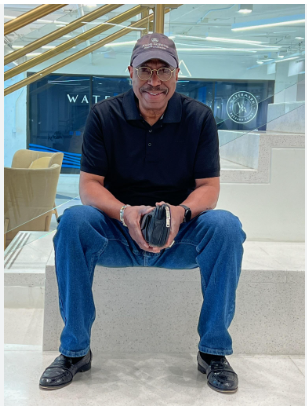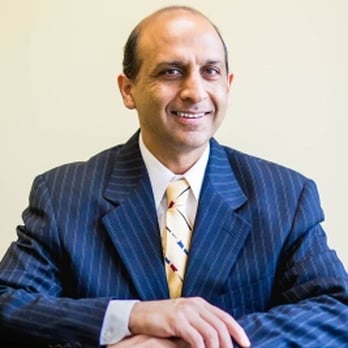In the ever-evolving landscape of healthcare, technological advancements continue to revolutionize patient care, offering new opportunities to enhance diagnosis, treatment, and overall health outcomes. Dr Lauren Papa, a distinguished expert in healthcare innovation, shares her insights into the cutting-edge technologies that are transforming patient care and shaping the future of medicine.
One of the most transformative technologies in healthcare today is artificial intelligence (AI). Dr. Papa highlights how AI-powered algorithms are revolutionizing medical imaging, enabling more accurate and efficient diagnosis of conditions such as cancer, cardiovascular disease, and neurological disorders. AI-driven predictive analytics are also being used to identify patients at risk of developing certain diseases, allowing for early intervention and personalized treatment plans.
Another groundbreaking technology that Dr Lauren Papa explores is telemedicine. Telemedicine platforms leverage video conferencing and remote monitoring technologies to enable patients to consult with healthcare providers from the comfort of their own homes. This not only improves access to care for patients in rural or underserved areas but also reduces the burden on healthcare facilities and enhances convenience for patients with mobility limitations or busy schedules.
Dr Lauren Papa also discusses the rise of wearable health technologies, such as fitness trackers, smartwatches, and biosensors, which empower individuals to monitor their health metrics in real-time and take proactive steps towards wellness. These devices can track physical activity, heart rate, sleep patterns, and other vital signs, providing valuable insights into overall health and facilitating early detection of health issues.
Furthermore, Dr. Papa explores the potential of virtual reality (VR) and augmented reality (AR) technologies in healthcare. VR is being used to simulate medical procedures, train healthcare professionals, and alleviate pain and anxiety in patients undergoing treatment. AR, on the other hand, overlays digital information onto the physical world, allowing surgeons to visualize patient anatomy during procedures and enhancing precision and safety.
Dr Lauren Papa also emphasizes the importance of data interoperability and integration in harnessing the full potential of these cutting-edge technologies. By seamlessly integrating electronic health records, diagnostic imaging, wearable device data, and other health information, healthcare providers can gain a comprehensive view of patients’ health status and deliver more personalized and effective care.
In conclusion, Dr Lauren Papa insights into the cutting-edge technologies transforming patient care highlight the tremendous potential of innovation to revolutionize healthcare delivery and improve patient outcomes. From artificial intelligence and telemedicine to wearable health devices and virtual reality, these technologies are reshaping the healthcare landscape and paving the way for a more patient-centered, efficient, and accessible healthcare system. Through continued research, collaboration, and investment in innovation, the future of medicine holds promise for delivering better health and wellness for all.




